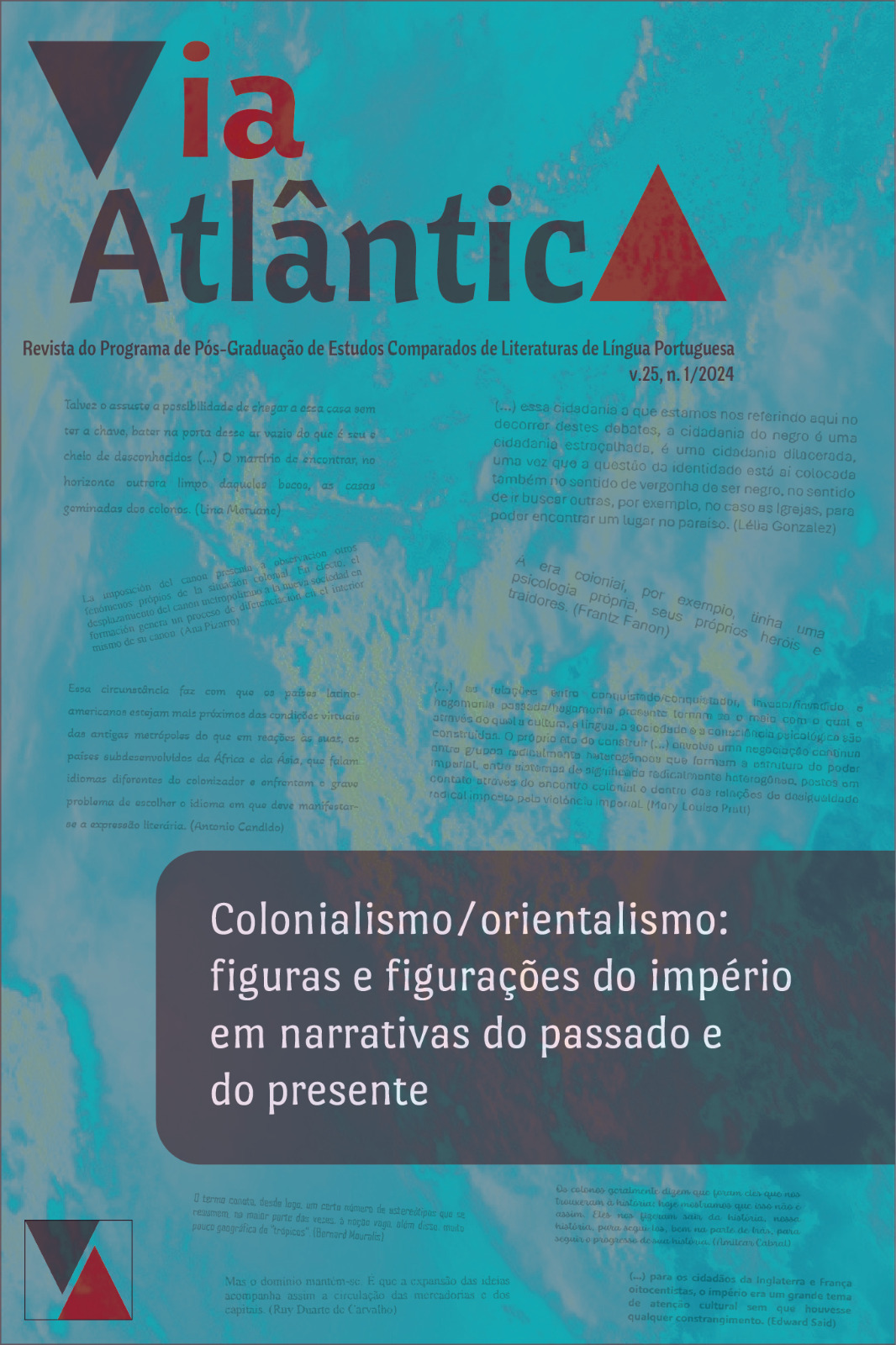Production, circulation, reading and teaching of literature: Iberian-African-American perspectives
Based on the assumption that literature is a human right, writing and reading literature are activities that favor the processes of formation and reformation of our individual and collective identities, thus promoting citizenship and helping us to live, as identified by Michèle Petit. In institutional contexts, especially in schools and universities, literature acquires systematization and didactic outliness, demanding reflections and practices guided by goals and methodologies that must contemplate the challenges presented by different historical and communitarian contexts.
In this sense, when dealing with issues related to literary reading, we must consider that the readers' experience with the text is permeated by a complexity of factors that more or less guarantee the effectiveness of this encounter towards the production of meaning and the sense of social belonging. Hence the importance of research that takes into account the contextual aspects that concern literary production and of the circulation and reception of texts, especially in the educational sphere, an essential environment for the most impoverished classes’access to literature in realities such as of Latin American and African countries, in which the marks of colonization are still present to this day.
In this issue of Revista Via Atlântica, the articles published will be the onesthat, paying attention to the specificities of Iberic-African-American contexts - contexts of constant threat to democracy, greater or lesser scarcity of public policies, lack of accessibility to books and libraries, among other political and social aspects -, touch on themes that allow the discussion of experiences constructed from literary objects, regarding their production, circulation and/or reception.Among these themes, the following deserve to be highlighted: reading and writing literature in institutional spaces; literary reading and writing and self-actualization; training of literature teachers; literary education and contemporary challenges; literary text mediation strategies; curator shipof authors and texts; literature and public policies; literature and emancipator practices; literature and social markers of difference; projects to promote and disseminate reading; literary writing workshops; subjective reading; experiences of empirical readers.
Read more about Production, circulation, reading and teaching of literature: Iberian-African-American perspectives





















